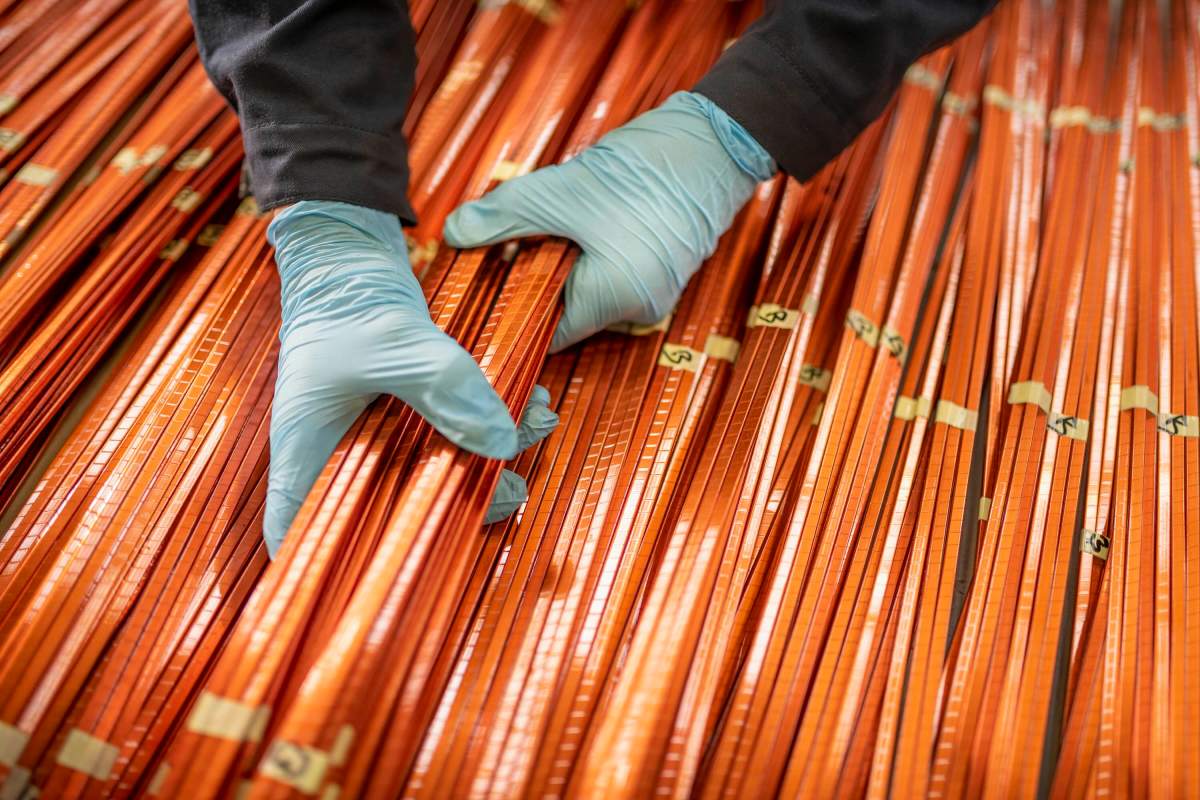Copper is critical to the energy transition away from fossil fuels. The metal is an excellent conductor of electricity, used in everything from electric vehicles to wind turbines. But by the end of the decade, the International Energy Agency expects copper supplies to drop to 20% of demand.
A surreptitiously operating startup thinks it can bridge the gap by helping miners extract more copper from their mines. To do that, Colorado-based Endolith is turning to microbes.
Today, most of the copper is recovered using hydrometallurgy, which usually involves pouring acid on piles of rock, which strips some of the copper. Endolith supplements that, by adding what are essentially domestic microbes that can increase the amount of copper that is leached out of the pile.
“Conservatively, we think we can get 10% more copper,” Liz Dennett, founder and CEO of Endolith, told TechCrunch. The company is one of the startups participating in the Startup Battlefield 200 at TechCrunch Disrupt 2024.
The industry is likely to welcome anything to boost recovery rates. Mining for metals is like looking for a needle in a pan. Prospectors spend hours looking for potentially profitable deposits. So miners spend years digging and scraping with chemicals to recover scarce amounts of metal. In the case of copper, the rocks in a mine contain about 1% copper; of that, only about half is typically recovered, Dennett said.

To get an extra 10% or more, Endolith begins by studying the conditions in the leaching pile of a particular mine, as the pile is known. After taking samples from different parts of the pile, the startup inoculates the samples with microbes it thinks might be well-suited. Then, take the most promising candidates and accelerate their evolution in the laboratory by exposing them to increasingly stressful conditions such as high arsenic or salt water, depending on the conditions of the pile. The result is a community of microbes that can release more copper from the rock.
“We’re turning normal microbes into Olympic-caliber athletes,” Dennett said.
Dennett, who has a PhD in geomicrobiology, was previously CTO of Cemvita, a company that uses microbes to turn waste into more valuable materials. “The group I naturally gravitated to was the biomining group,” he said. “The board asked me to step in and see if it was there. What do we do with it? Do we sell it? Do we spin it? What do we ultimately need to do with this super success?”
Last year, the company spun off Endolith as an independent entity and Dennett began fundraising. Now, the startup has raised an oversubscribed $5.13 million semi round led by Collaborative Fund and Overture, with the participation of Grok Ventures, Nomadic Venture Partners and Nucleus Capital, the company exclusively told TechCrunch.
“We had a term sheet in six weeks,” he said, adding that the vault is closed in about three months. Cemvita remains “a very minor stakeholder,” Dennett added. “They have very little to do with our day to day life.”
A big change from Cemtiva was the number of product lines from five to two: Copper and lithium. “We’ve been laser focused,” he said. “Everyone loves the platform company until it comes time to market it.

